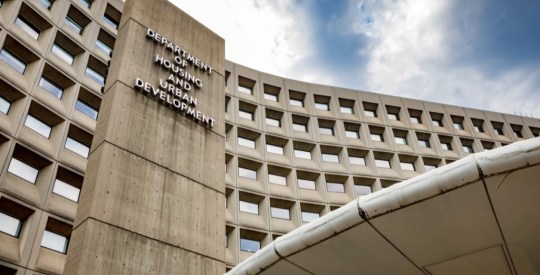This year, for the first time, the Chinese surpassed Canadians as the top investors in American residential real estate. According to the National Association of Realtors, during the 12-month period that ended in March, investors from China (Mainland China, Taiwan and Hong Kong combined) invested $22 billion in the U.S. housing market. Canadians, the perennial leader in foreign investment, spent about $13.8 billion.
While this upsurge was difficult to predict, the Chinese have good reason to invest in U.S. real estate, and the impact is being felt in the California, Washington and New York markets, where more than half of China’s investment dollars have gone.
On Nov. 14, the California Association of Realtors will convene economists, policymakers and practitioners for The Real Estate Summit: Partnering for Change in California. Among other things, the summit will explore both the motivation and impact of foreign investment in California’s residential real estate.
While it may come as a surprise to many in the American housing market, Chinese investors consider the U.S. market and even the coastal cities of California to be relatively inexpensive.
Compared with incomes, housing is expensive throughout China, and in the cities of Guangzhou, Beijing, Shanghai and Hong Kong/Shenzhen– where the combined official population of 75 million is equivalent to roughly 25% of the U.S. population – is far more expensive than desirable California markets like Los Angeles, San Francisco and San Diego.
In fact, a wealthy buyer from China can look at even the most expensive California markets like San Marino and think, “I can get a lot of house there without spending a lot of money.”
Price is not the only attraction. In many countries – Russia, Brazil and, indeed, China – successful business people feel threatened by arbitrary government behavior and have an incentive to get their money out of the country. The U.S. housing market offers consistently enforced contracts and transparency. When you consider that many foreigners aspire to send their children to an American college, buying a house here becomes a no brainer. USC, UCLA and Stanford are filled with examples.
So what does this mean for homeowners and buyers?
In markets like Indianapolis, Columbus and Kansas City, the impact is negligible.
Most Chinese buyers are shopping with cash and doing so almost exclusively in California, New York and Washington, while Brazilians and other wealthy South Americans tend to buy in Florida. In those states, they are having an impact.
Cash buyers from other countries might be seen as a threat to domestic homebuyers in these states. These buyers must apply for a mortgage at a time when lending standards are tightened and approvals are slow.
While $22 billion in Chinese investment in U.S. housing sounds likes a large number, it is actually rather small: in a typical year, the total value of residential real estate transactions in the U.S. is around $1 trillion. But foreign buyers do have a large impact on specific markets, pricing some domestic buyers out of the market, but also bringing welcome relief to coastal California homeowners stuck in upside-down mortgages.
In the Bay Area, roughly 25-30% of mortgages were underwater five years ago. Thanks in part to foreign buyers (and investors), home values have rebounded and creating positive equity. As a result, the percentage of underwater mortgages in the Bay Area today is nearly zero. Yet the Bay Area also faces an affordability crisis.
What remains unclear is how much more capacity Chinese investors have to influence housing in the U.S. There is no Chinese version of IRS data that tell us how deep this well of investors might be. If it turns out there are only 100,000 Chinese able to invest in American real estate, then the end of this cash influx will come to an end soon. If there are 15 million, then this could go on for a long time.





